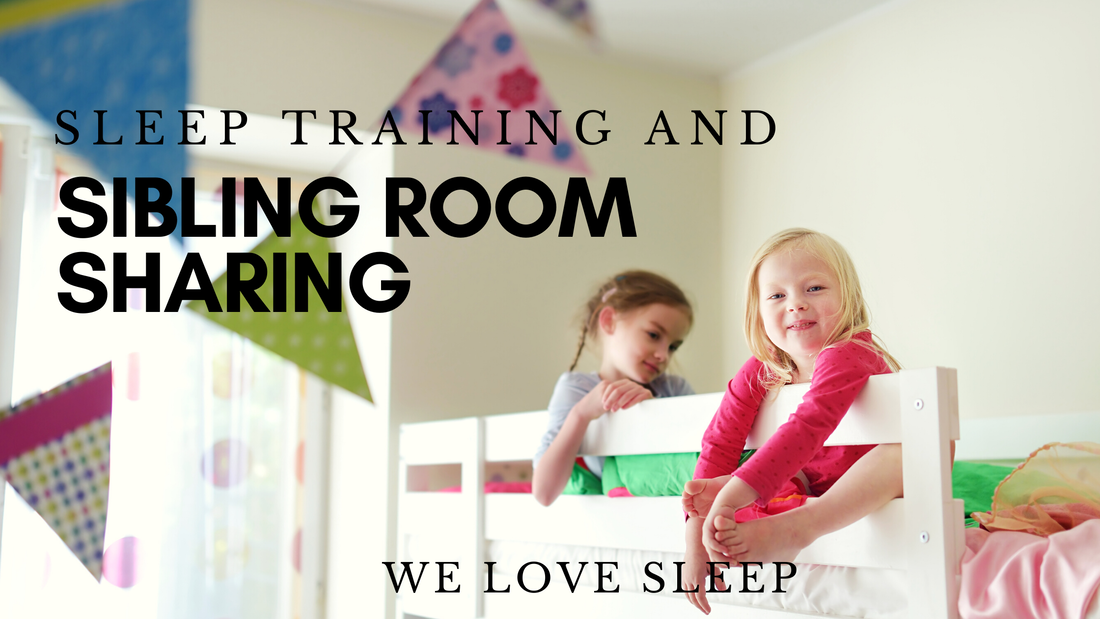|
Just when you think your little one is sleeping great, and has their scheduled nailed . . . BAM. A sleep regression can hit and mess it all up! Sleep regressions, or temporary disruptions in a baby or toddler's sleep, are very normal. The good news is - in most cases, they are temporary!
What are the signs of a sleep regression? A child who has been sleeping well, who normally starts waking up more in the nighttime, taking longer to fall asleep at night, fighting or refusing naps, or waking up early in the morning. They can last anywhere from 1-6 weeks. What causes a sleep regression? They are typically caused by developmental milestones and new skills (such as sitting, rolling, crawling, walking, talking). They can also be caused by growth spurts or changes in their routine, such as starting daycare, potty training, a crib to bed transition, or a new sibling. They can be caused by illness or teething, or travel. Basically, almost anything can cause a temporary regression, or sleep disruption. But don't fear! I'm sharing tips about how to handle them. When do regressions happen? There are typical ages for sleep regressions: The Dreaded 4 Month Regression This is the only sleep regression that isn't temporary. It's a permanent change in how your baby sleeps. It's when their sleep cycles become more like an adult's, and all babies go through this change. If they already have good skills for independent sleep, they may not be as affected as other babies, but if they have been used to being fed to sleep or rocked to sleep, or helped to sleep, even if they were sleeping well before this regression, they typically experience a lot of nighttime wake-ups during this time. This is a perfect time to sleep train! If you don't sleep train after this regression, the baby's sleep may not ever magically improve on its own. 6, 8, 10, 12 Months During these times, babies begin teething and learning new skills, such as crawling, sitting, and pulling up. They also go through growth spurts, and their wake windows lengthen. Any of these can lead to a temporary regression. 18 Months & 2 Years During this time, toddlers may experience teething (the 2 year molars... OUCH), separation anxiety peaking, newfound independence, or changes such as potty training, crib-to-bed transitions, or schedule adjustments. For some people, the two year sleep regression can be the worst, as they begin to resist naps and fight bedtime. 12 TIPS FOR HANDLING SLEEP REGRESSIONS
Don't worry or stress about all of the sleep regressions that may or may not come up in the future! I know it looks daunting, but if your child has good skills for independent sleep, and you stay consistent and stay aware of nap transitions, your child will more than likely do very well and get back on track. Most sleep regressions last anywhere from one week to six weeks (which sounds like a lot, I know!). Staying consistent even during a sleep regression will be the key to helping your child get back on track quickly. My first son experienced a major sleep regression after he had chronic ear infections for months as an infant and couldn't sleep without being held upright. He finally got tubes at 9 months old, and we had to "re-train" him for sleep after that, but after 2 nights, he was back on track, and he didn't experience any other regressions after that! He's 4 years old now, and still is on the same sleep schedule he did as an infant - he goes to sleep around 7-7:30pm and wakes up around 7am. Did your child go through a sleep regression? Leave a comment to share!
0 Comments
Leave a Reply. |
Lynne HowardPediatric Sleep Consultant Archives
June 2023
Categories |


 RSS Feed
RSS Feed
